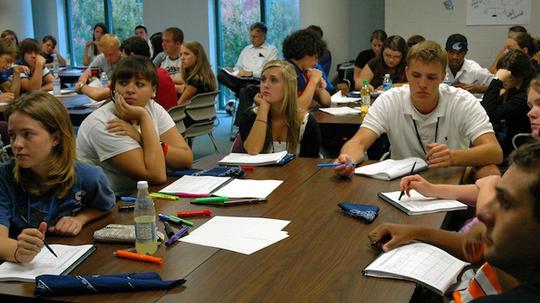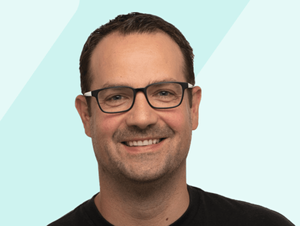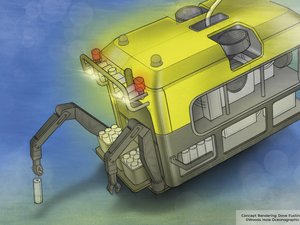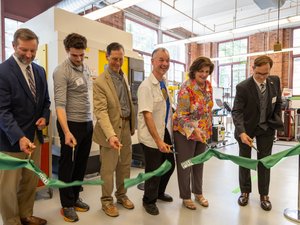
Each summer’s end, Boston sees a massive influx of students returning to the city’s many colleges and universities. While Boston boasts some of the top schools and students in the country, there is one area in which these students, and the broader millennial demographic, clearly struggle: critical thinking. In fact, while millennials understand how important critical thinking skills are to succeed in today’s information economy, most of them aren’t confident in their ability to use them.
This unsettling truth was one of the central findings in MindEdge Learning’s online survey of 1,000 college students and recent graduates, which we conducted this spring.
Our results show that 64 percent of millennials believe that critical thinking skills are very important to their current and future job prospects – yet only 35 percent of them feel very confident that they have the skills to discern false information from websites or other online sources. Similarly, 61 percent of these millennials report that they studied critical thinking in college, but only 36 percent think they are very well-trained in this area – and only 20 percent feel that their peers are.
By 2020, complex critical thinking will be the second most important skill set to exhibit on the job
These misgivings appear to be well-placed. In response to a nine-question informal quiz designed to gauge their familiarity with basic critical-thinking concepts and their application to online content, two-of-five millennials registered a failing grade. Fully 44 percent of respondents got five or fewer of these knowledge questions right; only 8 percent of respondents answered all nine questions correctly.
The survey also took a look at a space that millennials know better than anyone else: social media. Even as concerns about fake news and misleading content have mushroomed, our survey shows that more than one in three respondents (36 percent) have accidentally shared inaccurate information through social media. For the most-connected generation ever, these findings emphasize the need to think twice before hitting the “share” button.
The ability to think critically has perhaps never been more valued or more necessary. By 2020, complex critical thinking will be the second most important skill set to exhibit on the job (behind complex problem-solving). It makes sense; employers seek out critical thinkers because they “work smarter.” The careers of the future will require people who can analyze data, arrive at conclusions, find solutions and effectively communicate to others. While educators have addressed, in part, the challenges of better equipping their students with the skills needed to be successful professionals and members of society, a more sustained effort is required.
So what can be done to bridge this skills gap? One of today’s most pressing needs is to increase digital literacy – to help students move beyond the clever tweet or the first page of search results. Students and professionals alike should be encouraged to dig deeper before determining whether a piece of information is true.
Students need to be able to figure out which websites are reliable sources, how to verify controversial information, and where to find peer-reviewed data. And they need to have these skills by the time they leave college to join the modern workforce. It’s the responsibility of our education system, from middle school on, to make sure all these skills are raised, addressed, and taught in our classrooms, both physical and virtual.
The point here is not to blame millennials; far from it. There is nothing in our research to suggest that millennials suffer from some odd critical-thinking deficit that distinguishes them from the rest of the population. In fact, as the first generation to grow up as digital natives, they may well be better-suited than anyone else, when it comes to sniffing out false content online.
But they still need to get a lot better at it. With a renewed focus on teaching critical thinking skills, educators have begun to prepare students for the increasingly digital workforce. And in the meantime, it is up to all of us to be appropriately suspicious of online content – the more incredible the claim, the more credible the proof behind it needs to be.








